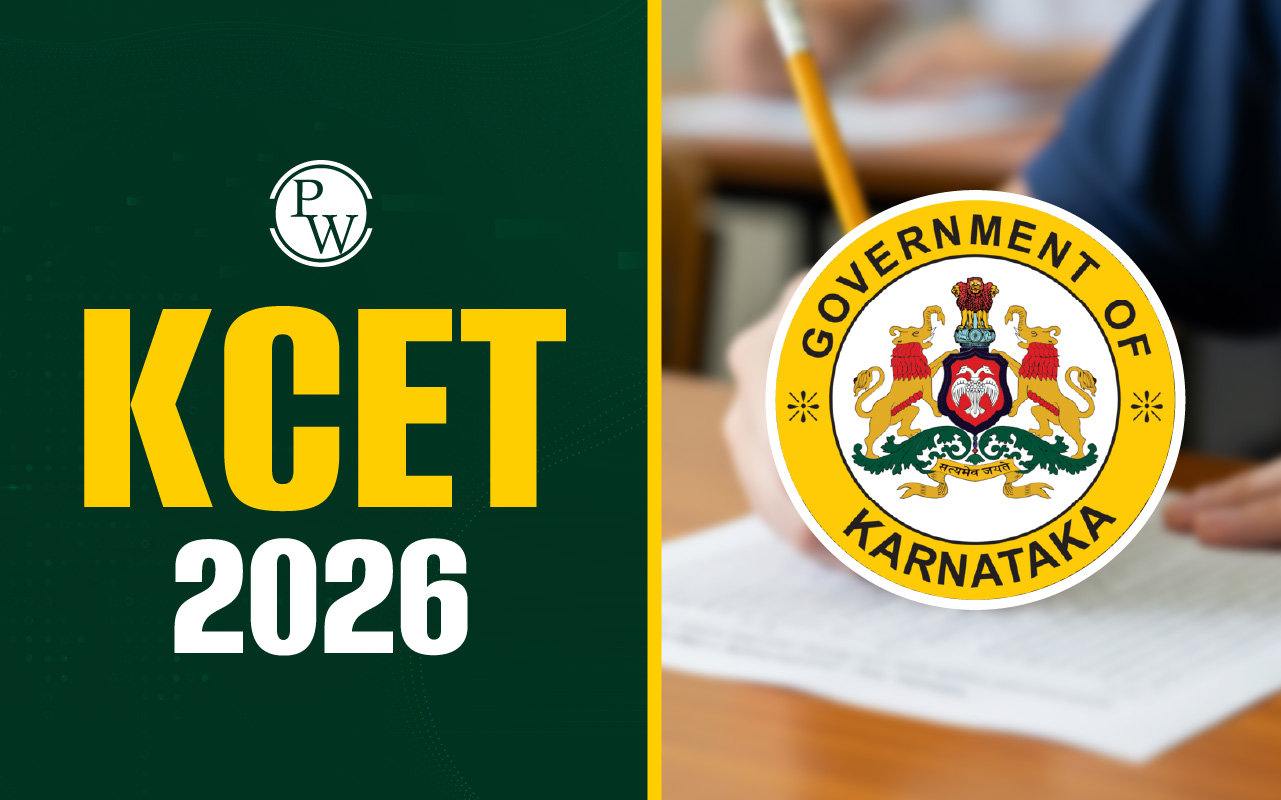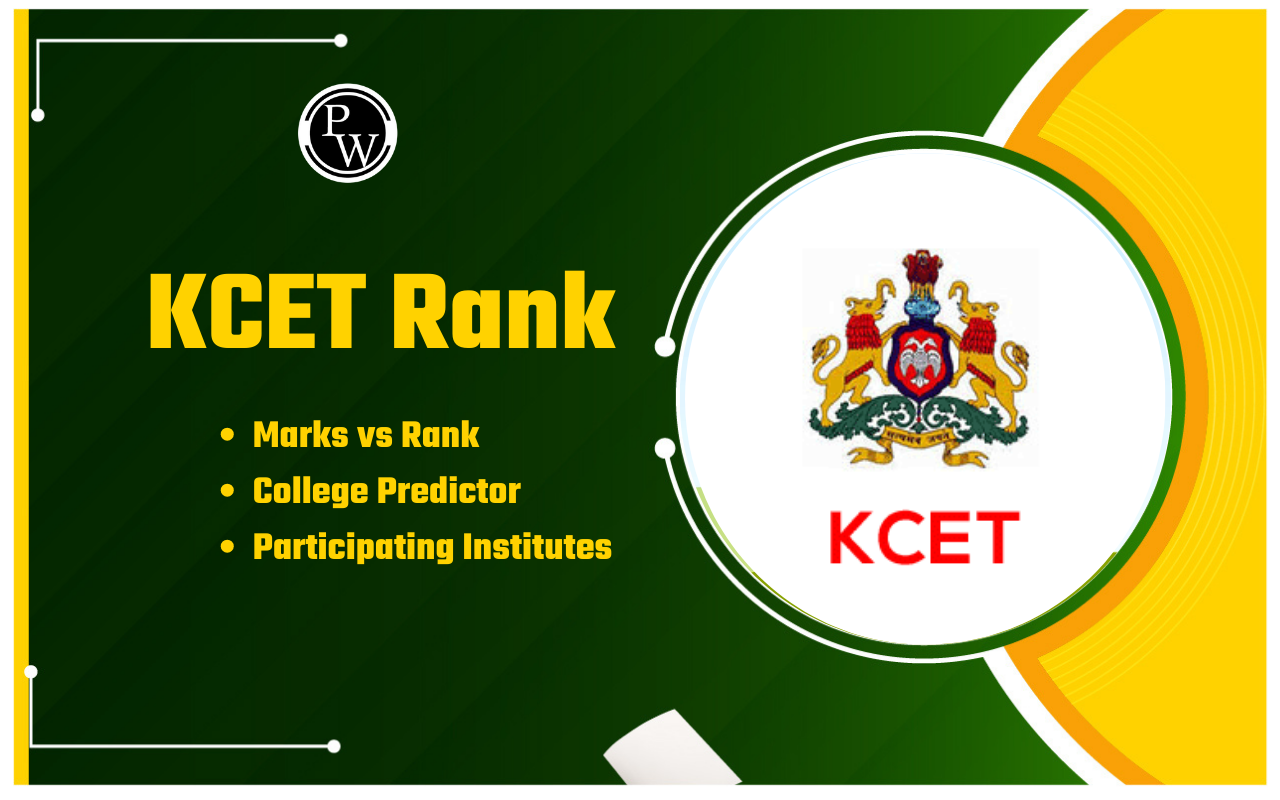
Karnataka Board Class 11th Physics Syllabus 2024-25 covers key topics such as Mechanics, Thermodynamics, Waves, and Gravitation, preparing students for higher education. The syllabus is structured according to the Karnataka Board Class 11th Exam Pattern, with a combination of theory and practical assessments.
Students who are preparing for Karnataka Board Class 11th 2024-25 are advised to carefully review the Karnataka Board Class 11th Syllabus to ensure they cover all important topics. The Karnataka Board Class 11th Exam evaluates students' grasp of Physics concepts, problem-solving skills, and practical knowledge, providing a solid foundation for future studies.Karnataka Board Class 11th Physics Syllabus 2024-25
The Karnataka Board Class 11th Physics Syllabus 2024-25 includes important Physics topics to help students understand the subject better. The syllabus also ensures students are well-prepared for future studies and competitive exams by building a strong foundation in Physics.| Karnataka Board Class 11th Physics Syllabus 2024-25 | |
|---|---|
| Sl. No. | Title of Chapter |
| 1 | Physical World |
| 2 | Units and Measurements |
| 3 | Motion in a Straight Line |
| 4 | Motion in a Plane |
| 5 | Laws of Motion |
| 6 | Work, Power, Energy |
| 7 | System of Particles and Rotational Motion |
| 8 | Gravitation |
| 9 | Mechanical Properties of Solids |
| 10 | Mechanical Properties of Fluids |
| 11 | Thermal Properties of Matter |
| 12 | Thermodynamics |
| 13 | Kinetic Theory |
| 14 | Oscillations |
| 15 | Waves |
Karnataka Board Class 11th Physics Syllabus 2024-25 Deleted Topics
Some parts of the Karnataka Board Class 11th Physics Syllabus 2024-25 have been removed to make the course easier for students. These deletions allow students to concentrate more on the essential topics, helping them manage their study time better and focus on the key concepts needed for their exams.| Karnataka Board Class 11th Physics Syllabus 2024-25 Deleted Topics | ||
|---|---|---|
| S.No. | Chapter | Deleted Topics |
| Part 1 | ||
| 1 | Physical World | What is Physics?, Scope and Excitement of Physics, Physics, Technology and Society, Fundamental Forces in Nature, Nature of Physical Laws |
| 2 | Units and Measurements | Measurement of Length, Measurement of Mass, Measurement of Time, Accuracy and Precision of Instruments, Errors in Measurement, Exercises |
| 3 | Motion in a Straight Line | Position, Path Length and Displacement, Average Velocity and Speed, Relative Velocity, Exercises |
| 4 | Motion in a Plane | Relative Velocity in Two Dimensions, Exercises |
| 5 | Laws of Motion | Exercises 5.24–5.40 |
| 6 | Work, Energy and Power | Various Forms of Energy, Law of Conservation of Energy, Exercises |
| 7 | System of Particles and Rotational Motion | Theorems of Perpendicular and Parallel Axes, Rolling Motion, Exercises |
| 8 | Gravitation | Geostationary and Polar Satellites, Weightlessness, Exercises |
| Part 2 | ||
| 9 | Mechanical Properties of Solids | Elastic Behaviour of Solids, Determination of Young’s Modulus, Exercises |
| 10 | Mechanical Properties of Fluids | Venturi-meter, Blood Flow and Heart Attack, Detergents and Surface Tension, Exercises |
| 11 | Thermal Properties of Matter | Greenhouse Effect, Exercises |
| 12 | Thermodynamics | Heat Engines, Refrigerators, Heat Pumps, Exercises |
| 13 | Kinetic Theory | Capacity of Water, Exercises |
| 14 | Oscillations | Damped Simple Harmonic Motion, Forced Oscillations and Resonance, Exercises |
| 15 | Waves | Doppler Effect, Exercises |
Karnataka Board Class 11th Physics Syllabus 2024-25 Preparation Tips
Understand the Exam Pattern and Syllabus - Start by reviewing the Karnataka Board Class 11th Physics Syllabus and the exam pattern. Identify important chapters like Mechanics, Thermodynamics, and Gravitation to focus your efforts.
Clear the Basics - Physics is built on fundamental concepts. Make sure you clearly understand basics like laws of motion, kinematics, and energy. A strong foundation will make complex topics easier to handle.
Practice Numerical Problems Regularly - Physics requires regular practice with numerical. Dedicate time each day to solving problems, especially in areas like motion, forces, and thermodynamics, to improve accuracy and speed.
Focus on Diagrams and Derivations - Many topics require diagrams and derivations. Practice drawing neat diagrams for topics like circular motion and understand the logic behind derivations instead of just memorizing them.
Solve Previous Year Papers - Solving past papers will help you understand the exam pattern and the types of questions asked. It will also improve your time management and confidence.
Study in a Structured Way - Organize your study by focusing on one topic at a time. Start with easier chapters like Units and Measurements before moving to harder ones like Rotational Motion.
Ask for Help When Needed - If you struggle with difficult topics, seek help from teachers or online resources. Don’t hesitate to clear doubts, especially in challenging areas like mechanical properties of fluids.
Karnataka Board Class 11th Physics Syllabus 2024-25 FAQs
Is there any change in the exam pattern for Karnataka Board Class 11th Physics 2024-25?
How important are practicals in the Karnataka Class 11th Physics syllabus?
What resources are recommended for preparing for Karnataka Class 11th Physics?
How often should I revise numerical problems in Physics?
Can I find model papers for Karnataka Board Class 11th Physics online?







